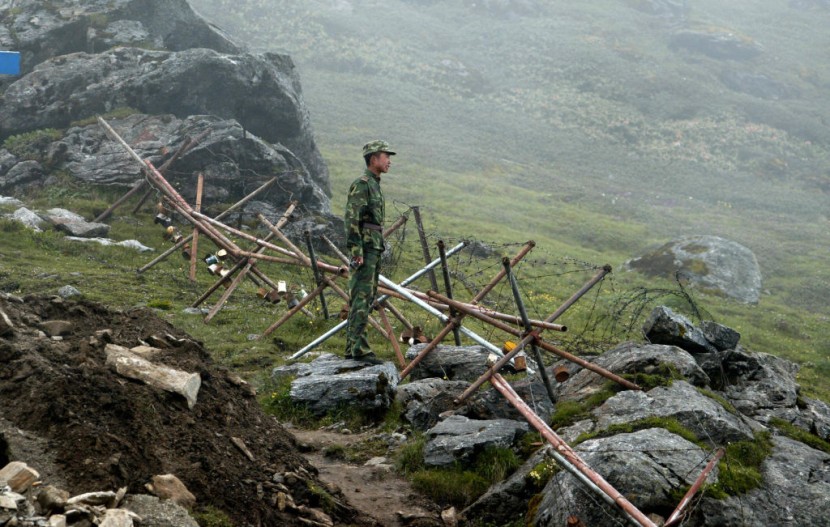
China's national legislature has enacted new legislation on the preservation and exploitation of land border regions, stating that the country's sovereignty and territorial integrity are "sacred and inviolable," which might have implications for Beijing's border conflict with India.
According to the state-run Xinhua news agency, the bill was passed by the Standing Committee of the National People's Congress (NPC) at the end of a parliamentary session on Saturday.
The legislation, which takes effect on January 1 next year, states that "the People's Republic of China's sovereignty and territorial integrity are sacred and inviolable," as per MINT.
China takes steps to strengthen border defense
According to the report, the state must take steps to protect territorial integrity and land borders and defend against and oppose any conduct that jeopardizes territorial sovereignty and land borders.
The law also states that the state must take steps to strengthen border defense, support economic and social development, and open up border areas, improve public services and infrastructure, encourage and support people's lives and work, and promote coordination between border defense and social and economic development in border areas.
It said that the state would address land border-related concerns with neighboring nations through dialogue to appropriately settle disputes and long-standing border issues based on the principles of equality, mutual trust, and friendly consultation.
The Land Borders Law, which is divided into seven chapters and has 62 clauses, is intended to "regulate, strengthen, defend, and stabilize border security." On Saturday, China's top legislative, the National People's Congress Standing Committee, gave it its approval, SCMP reported.
The legislation also requires the state to construct basic infrastructure for blocking, transportation, communication, surveillance, deterrent, defense, and support in the case of a problem. After talks with the neighboring countries, the state can potentially construct structures for border blockades.
According to the declaration, dispute resolution procedures with surrounding nations should be established to resolve problems based on equality, mutual trust, and amicable dialogue.
China and India's ongoing tensions
The law was approved two weeks after the most recent military discussions between Chinese and Indian leaders failed. China accused its neighbor of making excessive demands, while India protested that the Chinese had been unable to present "forward-looking proposals."
While both Beijing and New Delhi have committed to resolving the conflict diplomatically, progress has stopped following previous rounds of negotiations that resulted in an agreement for withdrawal in some places, including hundreds of soldiers from the Pangong Tso area in Ladakh's Himalayan region.
Last year, in the Galwan valley, 20 Indian soldiers and at least four Chinese soldiers were killed in the deadliest conflict between the two countries in decades. Due to a 1996 agreement that prohibits troops from using weapons or detonating explosives within 2 kilometers of the LAC save on shooting ranges, soldiers on both sides battled barehanded and with sticks and rocks instead of using firearms or explosives.
After an increase in cases in China's southern provinces of Yunnan and Guangxi this year due to illegal crossings from Myanmar and Vietnam, China has taken tremendous measures to keep the COVID-19 virus outside its borders.
Per Reuters via MSN, the People's Republic of China, created 72 years ago, now has specific legislation governing and guarding its 22,000-kilometer (14,000-mile) land border with 14 nations, including former superpower Russia nuclear-armed North Korea.
The People's Liberation Army and the People's Armed Police Force, respectively, are in charge of protecting the border against an "invasion, encroachment, infiltration, or provocation." China's border can be closed if a neighboring war or other armed conflict threatens border security, according to the legislation.
Related Article: China's Energy Crisis Prompts Warning of More Electricity Shortages From Rust-Belt Province








